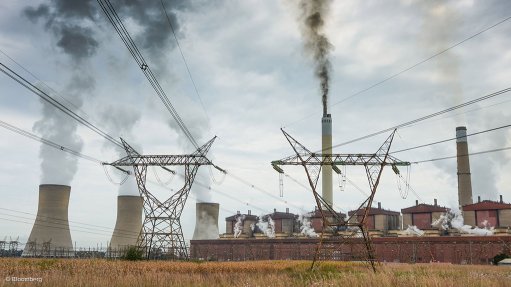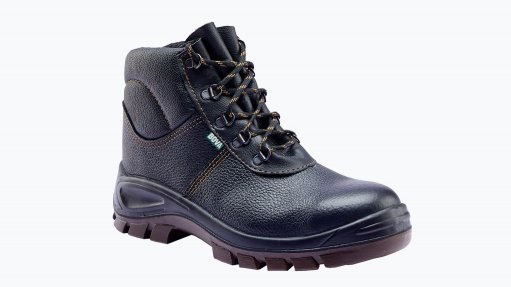Increasing waste generation requires a new approach
The expected increase in solid waste generated by cities each year, from two-billion tonnes a year now to 3.4-billion tonnes a year by 2050, means new plans for dealing with waste and protecting biodiversity are necessary.
This will require changing the global "throw away" culture, says waste management and recycling company Interwaste business development and marketing director Kate Stubbs.
South Africa generates about 122-million tonnes a year of waste, worth about R25.2-billion, and about 90% of this goes directly to landfill. Only 10% of this waste is being recycled and these are resources that could have been fed back into the economy by means of recycling, repurposing and reusing, she points out.
“We have to place more focus on changing the ‘throw away culture’ that many businesses, individuals and households have, if we want to support a healthier planet and preserve and restore biodiversity around the globe.”
Interwaste estimates that about R17-billion worth of resources have been lost in the last few years to illegal dumping and mismanagement of waste. This demonstrates how, with more care and effort, the economy could be positively impacted purely by recovering, recycling and reusing waste.
“While we are not at a tipping point yet, we have seen a lot of innovation in the waste management field, including waste-to-energy production using various technologies and an increase in the number of materials re-used and recycled in the market,” she adds.
In a circular economy, what used to be considered waste products are recovered and reused as a secondary raw material, which ultimately reduces operating costs as well as environmental degradation, says Stubbs.
Waste-to-energy solutions put alternative, green energy power back into the grid, reducing reliance on the main power producer and the attendant issues that power instability and load-shedding create, she adds.
Comments
Press Office
Announcements
What's On
Subscribe to improve your user experience...
Option 1 (equivalent of R125 a month):
Receive a weekly copy of Creamer Media's Engineering News & Mining Weekly magazine
(print copy for those in South Africa and e-magazine for those outside of South Africa)
Receive daily email newsletters
Access to full search results
Access archive of magazine back copies
Access to Projects in Progress
Access to ONE Research Report of your choice in PDF format
Option 2 (equivalent of R375 a month):
All benefits from Option 1
PLUS
Access to Creamer Media's Research Channel Africa for ALL Research Reports, in PDF format, on various industrial and mining sectors
including Electricity; Water; Energy Transition; Hydrogen; Roads, Rail and Ports; Coal; Gold; Platinum; Battery Metals; etc.
Already a subscriber?
Forgotten your password?
Receive weekly copy of Creamer Media's Engineering News & Mining Weekly magazine (print copy for those in South Africa and e-magazine for those outside of South Africa)
➕
Recieve daily email newsletters
➕
Access to full search results
➕
Access archive of magazine back copies
➕
Access to Projects in Progress
➕
Access to ONE Research Report of your choice in PDF format
RESEARCH CHANNEL AFRICA
R4500 (equivalent of R375 a month)
SUBSCRIBEAll benefits from Option 1
➕
Access to Creamer Media's Research Channel Africa for ALL Research Reports on various industrial and mining sectors, in PDF format, including on:
Electricity
➕
Water
➕
Energy Transition
➕
Hydrogen
➕
Roads, Rail and Ports
➕
Coal
➕
Gold
➕
Platinum
➕
Battery Metals
➕
etc.
Receive all benefits from Option 1 or Option 2 delivered to numerous people at your company
➕
Multiple User names and Passwords for simultaneous log-ins
➕
Intranet integration access to all in your organisation















